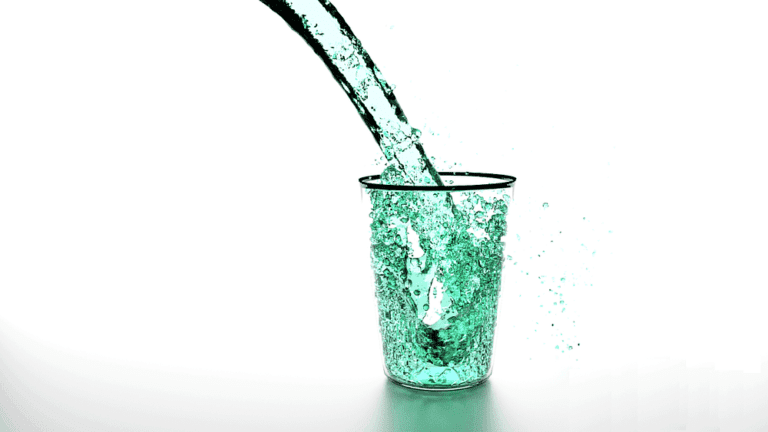Dry Mouth
What is Dry Mouth?
Dry Mouth means you don’t have enough saliva to keep your mouth moist. Now and then, we all suffer from a dry mouth – when we are upset, under stress, or nervous. This is normal. But if you notice your mouth is not moist most of the time, that could indicate that you have Dry Mouth.
Saliva plays an important role in keeping your mouth and body healthy. It aids in digestion, protects your teeth from dental decay, helps control the bacteria in your mouth and is the reason you are able to chew and swallow. If you don’t have enough saliva to keep your mouth moist, it can be very uncomfortable and could be a sign of a medical condition.
Your salivary glands are responsible for producing saliva. There are many reasons why they might not be functioning properly, such as:

The side effect of a medication you are taking – there are many medicines that may cause dry mouth, including antihistamines, decongestants, pain killers, diuretics and medicines for high blood pressure and depression

Disease that affect your salivary glands, such as diabetes, Hodgkin’s, Parkinson’s, and Sjogren’s syndrome

Radiation therapy – salivary glands may be damaged if your head or neck are exposed to radiation

Chemotherapy – cancer treatment is known to make saliva thicker

Menopause – hormone levels affect the salivary glands

Smoking – whether it is a pipe, cigar or heavy cigarette smoking

How Do You Know If You Have Dry Mouth?
Symptoms of Dry Mouth include:

A sticky, dry mouth

Trouble swallowing

A burning tongue

A dry throat

Cracked lips

Reduced ability to taste

Metallic taste

Mouth sores

Frequent bad breath

Difficulty chewing/speaking
Dr Linc Shares His Tips for Treating a Dry Mouth:
If your dry mouth is caused by medication, you may be able to change your prescription or dosage. Check with your general doctor. If your salivary glands are not functioning correctly, you may be able to take medicine that helps your salivary glands produce more saliva.
If you cannot change medication or take medicine, you may be able to restore the moisture in your mouth through the following methods:

Rinse with specially formulated mouthwash

Sip water often

Avoid caffeine

Chew sugarless gum

Reduce the use of tobacco or alcohol

Use a humidifier at night





